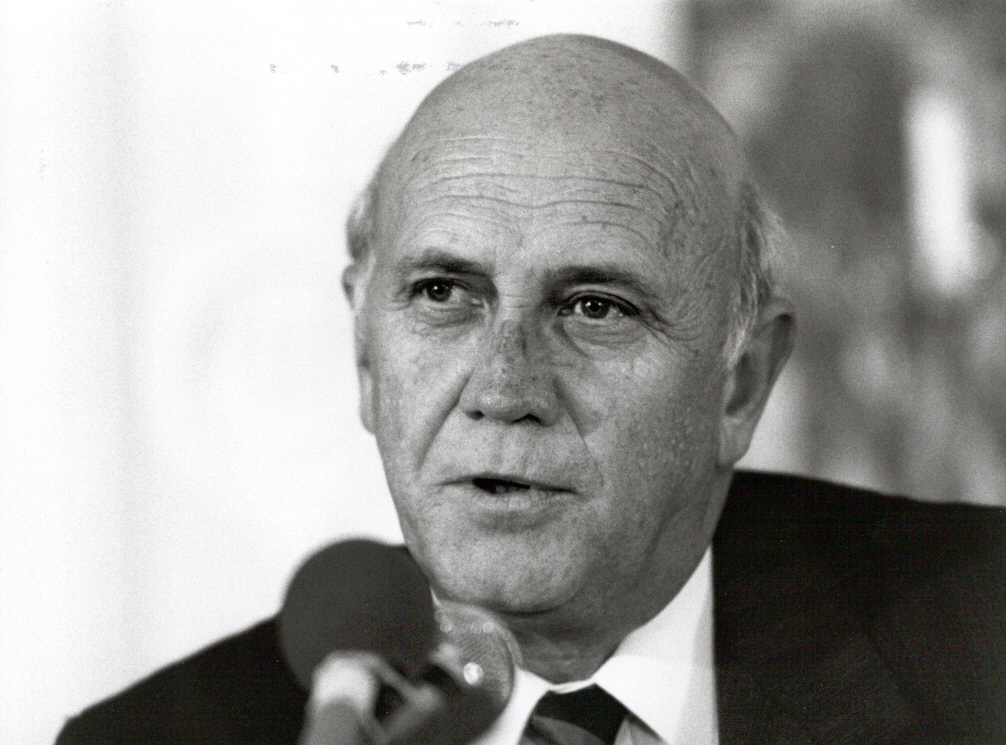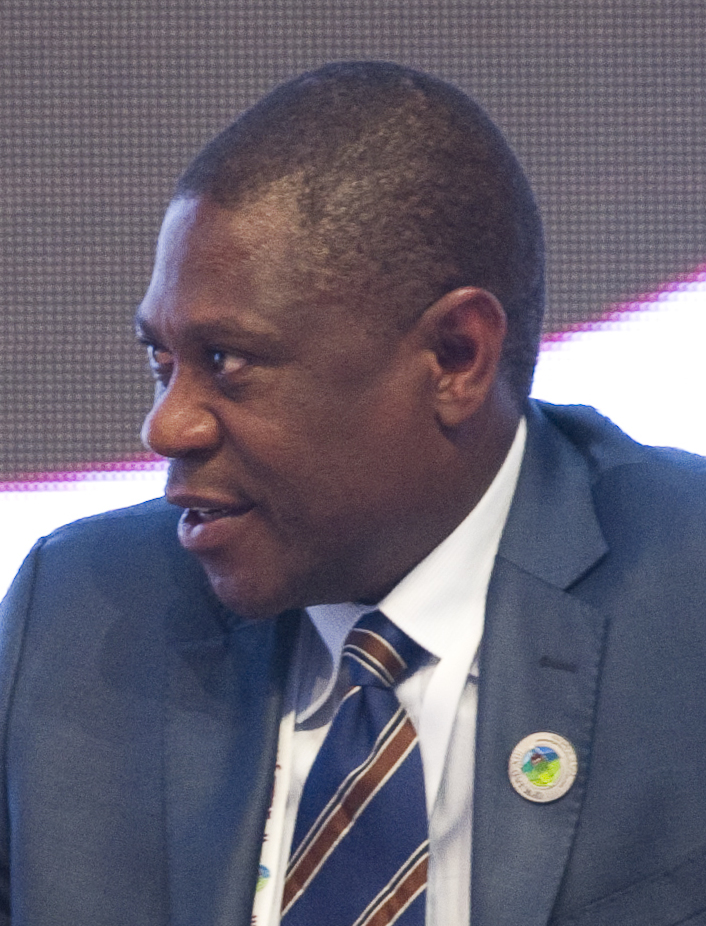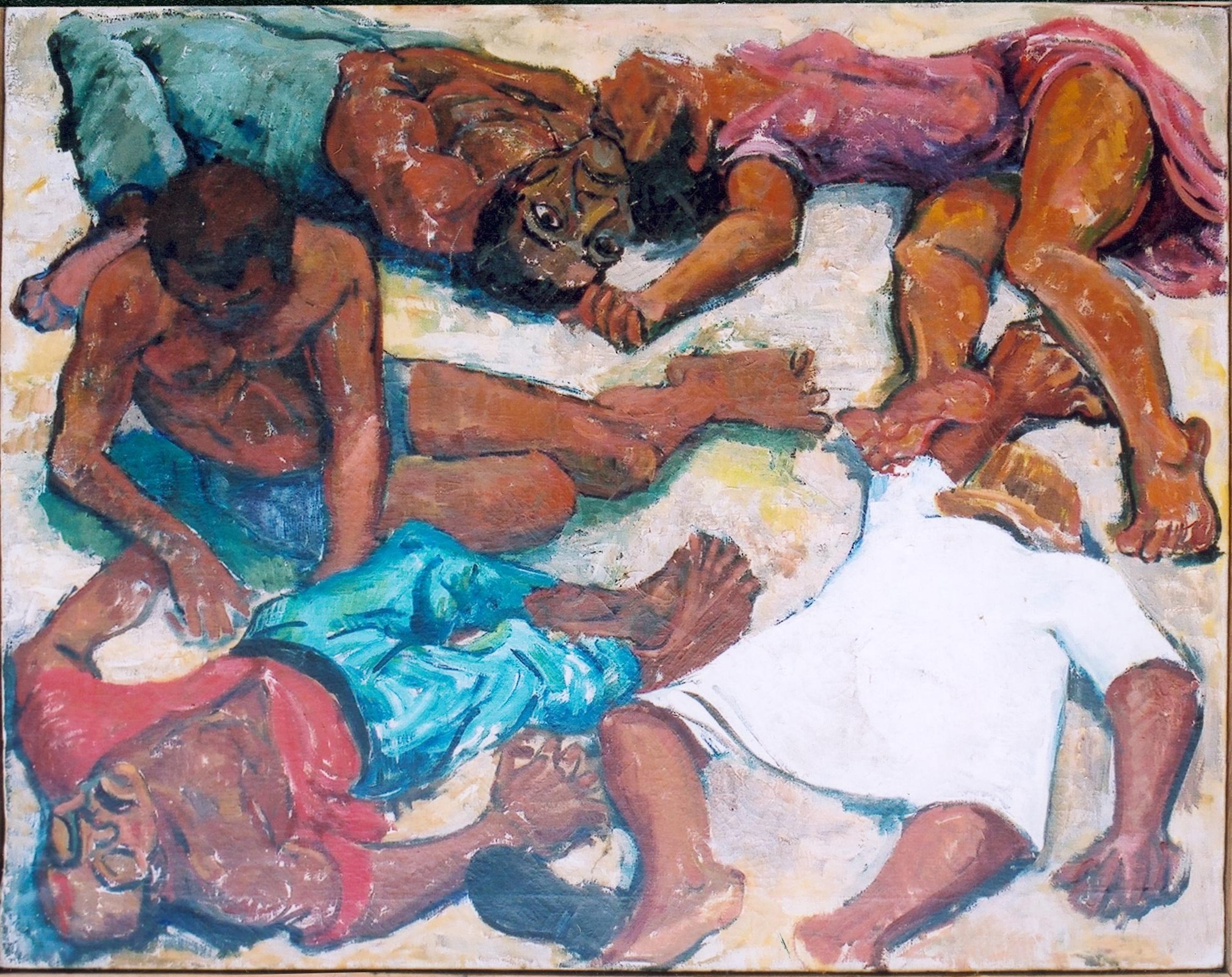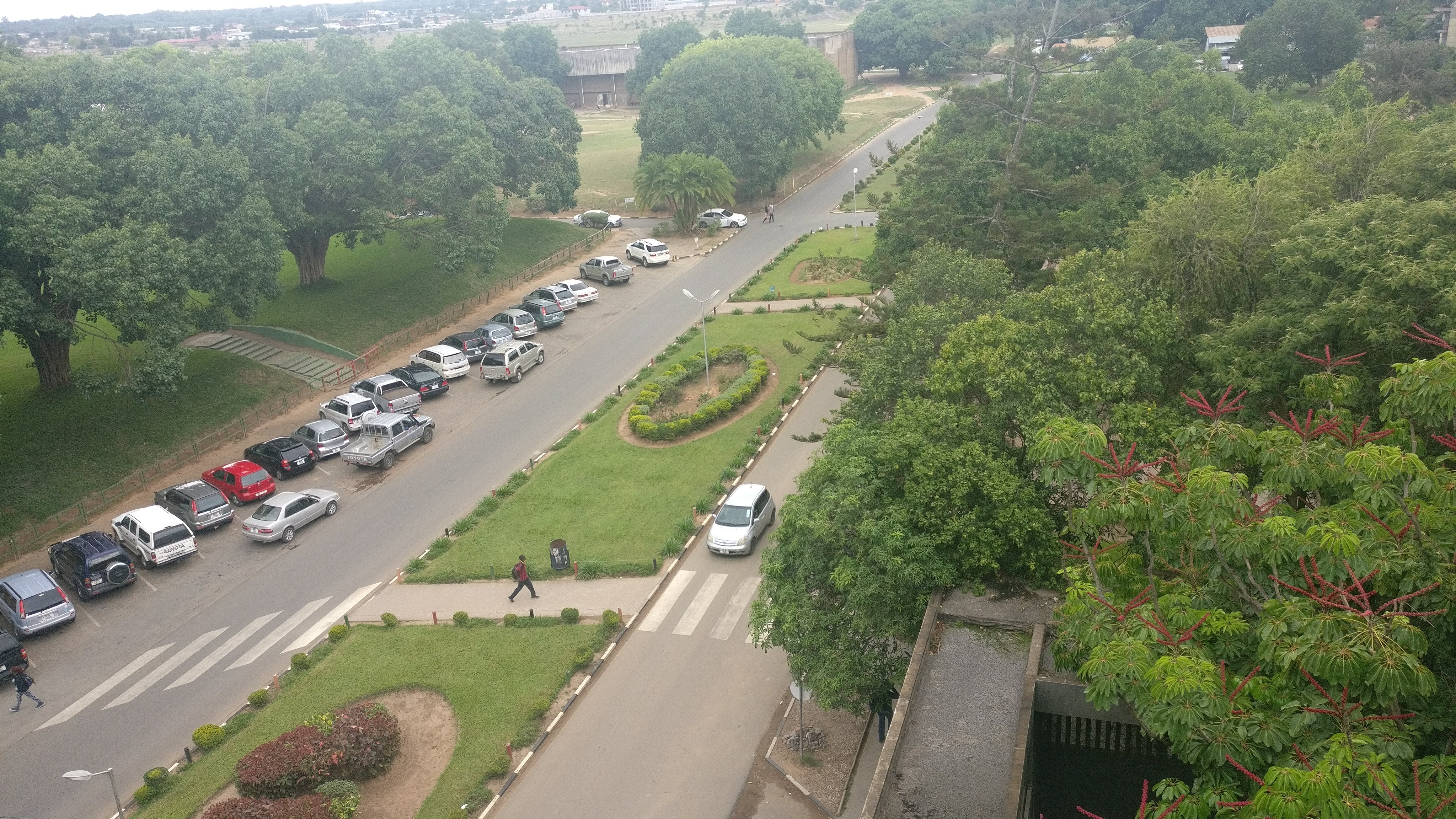|
Brigitte Mabandla
Brigitte Sylvia Mabandla (born 23 November 1948) is a South African politician, lawyer and former anti-apartheid activist who served in the cabinet of South Africa from 2003 to 2009, including as the Minister of Justice and Constitutional Development from 2004 to 2008. She became the South African Ambassador to Sweden in January 2020. A veteran of the African National Congress (ANC), she was an elected member of party's National Executive Committee between 1997 and 2012. Born in Durban, Mabandla entered politics through the South African Students' Organisation at the University of the North before she went into exile with the ANC in 1975. After a decade studying and teaching law in Botswana and Zambia, she was a legal adviser to the ANC in Lusaka from 1986 to 1990. Thereafter she joined the party's delegation to the negotiations to end apartheid, where she took particular interest in the protection of women's and children's rights. She joined the National Assembly in the Ap ... [...More Info...] [...Related Items...] OR: [Wikipedia] [Google] [Baidu] |
Minister Of Public Enterprises
The minister of public enterprises was a Minister (government), minister in the Cabinet of South Africa, cabinet of the national government of South Africa. Whomever held the position was the political head of the Department of Public Enterprises. They were appointed by the president of South Africa. This portfolio was established in 1999, and it oversaw the various state-owned enterprises of South Africa. Pravin Gordhan was the last appointed minister of public enterprises. He was appointed by President Cyril Ramaphosa, shortly after the 2018 South African presidential election, 2018 South African Presidential Election. The ministry was disestablished following the 2024 South African general election, 2024 general elections and inauguration of the Third Cabinet of Cyril Ramaphosa, being folded into the Department of Planning, Monitoring and Evaluation (DPME) during the process of implementing a new shareholder model. List of ministers References Lists of political o ... [...More Info...] [...Related Items...] OR: [Wikipedia] [Google] [Baidu] |
National Assembly Of South Africa
The National Assembly is the directly elected house of the Parliament of South Africa, located in Cape Town, Western Cape. It consists of four hundred members who are elected every five years using a party-list proportional representation system where half of the members are elected proportionally from nine provincial lists and the remaining half from national lists so as to restore proportionality. The National Assembly is presided over by a Speaker, assisted by a Deputy Speaker. The current speaker as of 14 June 2024 is Thoko Didiza ( ANC). The Deputy Speaker is Annelie Lotriet ( DA) since 14 June 2024. The National Assembly chamber was destroyed in a fire in January 2022. National Assembly sittings are now held in the old Good Hope Chamber, which is within the precincts of parliament. Allocation The National Assembly seats are allocated using a proportional representation system with closed lists. Seats are first allocated according to the (integer part of the) Dro ... [...More Info...] [...Related Items...] OR: [Wikipedia] [Google] [Baidu] |
Negotiations To End Apartheid In South Africa
The History of South Africa in the apartheid era, apartheid system in South Africa was ended through a series of bilateral and multi-party negotiations between 1990 and 1993. The negotiations culminated in the passage of a new Interim Constitution (South Africa), interim Constitution in 1993, a precursor to the Constitution of South Africa, Constitution of 1996; and in South Africa's first non-racial 1994 South African general election, elections in 1994, won by the African National Congress (ANC) liberation movement. Although there had been gestures towards negotiations in the 1970s and 1980s, the process accelerated in 1990, when the government of F. W. de Klerk took a number of unilateral steps towards reform, including releasing Nelson Mandela from prison and unbanning the ANC and other political organisations. In 1990–91, bilateral "talks about talks" between the ANC and the government established the pre-conditions for substantive negotiations, codified in the Groote Sc ... [...More Info...] [...Related Items...] OR: [Wikipedia] [Google] [Baidu] |
Lusaka
Lusaka ( ) is the Capital city, capital and largest city of Zambia. It is one of the fastest-developing cities in southern Africa. Lusaka is in the southern part of the central plateau at an elevation of about . , the city's population was about 3.3 million, while the urban population is estimated at 2.5 million in 2018. Lusaka is the centre of both commerce and government in Zambia and connects to the country's four main highways heading Great North Road, Zambia, north, Livingstone Road, south, Great East Road, east, and Great West Road, Zambia, west. English is the official language of the city administration, while Bemba language, Bemba, Tonga language (Zambia and Zimbabwe), Tonga and Nyanja are the commonly-spoken street languages. The earliest evidence of settlement in the area dates to the 6th century AD, with the first known settlement in the 11th century. It was then home to the Lenje people, Lenje and Soli language, Soli peoples from the 17th or 18th century. The found ... [...More Info...] [...Related Items...] OR: [Wikipedia] [Google] [Baidu] |
University Of The North
The University of Limpopo () is a public university in the Limpopo Province, South Africa. It was formed on 1 January 2005, by merger of the University of the North and the Medical University of South Africa (MEDUNSA). These previous institutions formed the Turfloop and MEDUNSA campuses of the university, respectively. In 2015 the MEDUNSA campus split and became the Sefako Makgatho Health Sciences University. History The University of the North, nicknamed "Turfloop" after its location, was established in 1959 under the apartheid regime's policy of separate ethnically-based institutions of higher learning policy. The university was sited at Turfloop farm about east of Pietersburg. The town that grew around the university was named Sovenga, for the three ethnic groups ( Sotho, Venda, Tsonga) that Apartheid ideology intended to study there. In reality, most inhabitants refer to the town as Mankweng, after one of the chiefs of the area. Under later apartheid, the University of ... [...More Info...] [...Related Items...] OR: [Wikipedia] [Google] [Baidu] |
South African Students' Organisation
The South African Students' Organisation (SASO) was a body of black South African university students who resisted apartheid through non-violent political action. The organisation was formed in 1969 under the leadership of Steve Biko and Barney Pityana and made vital contributions to the ideology and political leadership of the Black Consciousness Movement. It was banned by the South African government in October 1977, as part of the repressive state response to the Soweto uprising. Formation The founding members of the South African Students' Organisation (SASO) were black students from the University of Fort Hare, the University of Zululand, the University of the North at Turfloop, the so-called Black Section of the University of Natal (UNB), various theological seminaries and teacher training colleges, and other institutions of higher education in South Africa, which at the time were segregated under the apartheid-era Bantu Education Act. However, SASO has its roots in tw ... [...More Info...] [...Related Items...] OR: [Wikipedia] [Google] [Baidu] |
National Executive Committee Of The African National Congress
The National Executive Committee (NEC) of the African National Congress (ANC) is the political party's highest decision-making body in between its party conferences. It serves as the primary executive organ responsible for leading and governing the ANC, directing the party's policies, strategies, and overall operations. The NEC is elected every five years at the ANC's National Conference of the African National Congress, National Conference and consists of 87 members, including the party's top officials, such as the President of the African National Congress, president of the ANC, deputy president, chairperson, secretary-general, two deputy secretaries-general, and treasurer-general (known as the "Top Seven"). It also elects a National Working Committee of the African National Congress, National Working Committee (NWC), which takes on the day-to-day operational responsibilities of the party. Composition Members of the NEC must have been paid-up members of the ANC for at least ... [...More Info...] [...Related Items...] OR: [Wikipedia] [Google] [Baidu] |
List Of Ambassadors To Sweden
This is a list of ambassadors to Sweden. Note that some ambassadors are responsible for more than one country while others are directly accredited to Stockholm. Current ambassadors to Stockholm See also * Foreign relations of Sweden * List of diplomatic missions of Sweden * List of diplomatic missions in Sweden References Ministry for Foreign Affairs of Sweden - The Stockholm Diplomatic List Ministry for Foreign Affairs of Sweden - Order of Diplomatic Precedence of Heads of Missions [...More Info...] [...Related Items...] OR: [Wikipedia] [Google] [Baidu] |
Cabinet Of South Africa
The Cabinet of South Africa is the most senior level of the executive branch of the Government of South Africa. It is made up of the president, the deputy president, and the ministers. Overview The cabinet of South Africa consists of the President of South Africa, president, Deputy President of South Africa, deputy president, and ministers. The president appoints the deputy president and ministers, assigns the ministers’ powers and functions, and may dismiss them. The deputy president must be a member of the National Assembly of South Africa, National Assembly. The president may select any number of ministers. The ministers must be selected from the members of the National Assembly, with the exception that up to two ministers may be selected from outside the assembly. The deputy president and ministers may be from various political parties, reflecting the outcomes of the general election or coalition agreements. Members of the cabinet are accountable collectively and individu ... [...More Info...] [...Related Items...] OR: [Wikipedia] [Google] [Baidu] |
Internal Resistance To Apartheid
Several independent sectors of South African society opposed apartheid through various means, including social movements, passive resistance, and guerrilla warfare. Mass action against the ruling National Party (South Africa), National Party (NP) government, coupled with South Africa's growing international isolation and economic sanctions, were instrumental in leading to Negotiations to end apartheid in South Africa, negotiations to end apartheid, which began formally in 1990 and ended with South Africa's 1994 South African general election, first multiracial elections under a universal franchise in 1994. Apartheid was adopted as a formal South African government policy by the NP following their victory in the 1948 South African general election, 1948 general election. From the early 1950s, the African National Congress (ANC) initiated its Defiance Campaign of passive resistance. Subsequent civil disobedience protests targeted curfews, pass laws, and "petty apartheid" segregati ... [...More Info...] [...Related Items...] OR: [Wikipedia] [Google] [Baidu] |
University Of Zambia
The University of Zambia (UNZA) is a public university located in Lusaka, Zambia. It is Zambia's largest and oldest learning institution. The university was established in 1965 and officially opened to the public on 12 July 1966. The language of instruction is English. History The beginnings of UNZA can be traced back to before the Second World War when the idea to establish a University in Northern Rhodesia was conceived. However, plans were halted when the war broke out and only revived after. The colonial government instituted plans to set up a Central African University College, for Africa, due to the development of higher education institutions in most parts of Africa. The Central Africa council (CAC) appointed a committee to investigate requirements for a college for higher education and, it subsequently recommended that a college for higher education be established. A subsequent investigation into the need for higher education for Africans in Central Africa was conducted ... [...More Info...] [...Related Items...] OR: [Wikipedia] [Google] [Baidu] |
African National Congress
The African National Congress (ANC) is a political party in South Africa. It originated as a liberation movement known for its opposition to apartheid and has governed the country since 1994, when the 1994 South African general election, first post-apartheid election resulted in Nelson Mandela being elected as President of South Africa. Cyril Ramaphosa, the incumbent national president, has served as president of the ANC since 18 December 2017. Founded on 8 January 1912 in Bloemfontein as the South African Native National Congress, the organisation was formed to advocate for the rights of Bantu peoples of South Africa, black South Africans. When the National Party (South Africa), National Party government came to power 1948 South African general election, in 1948, the ANC's central purpose became to oppose the new government's policy of institutionalised apartheid. To this end, its methods and means of organisation shifted; its adoption of the techniques of mass politics, and ... [...More Info...] [...Related Items...] OR: [Wikipedia] [Google] [Baidu] |







